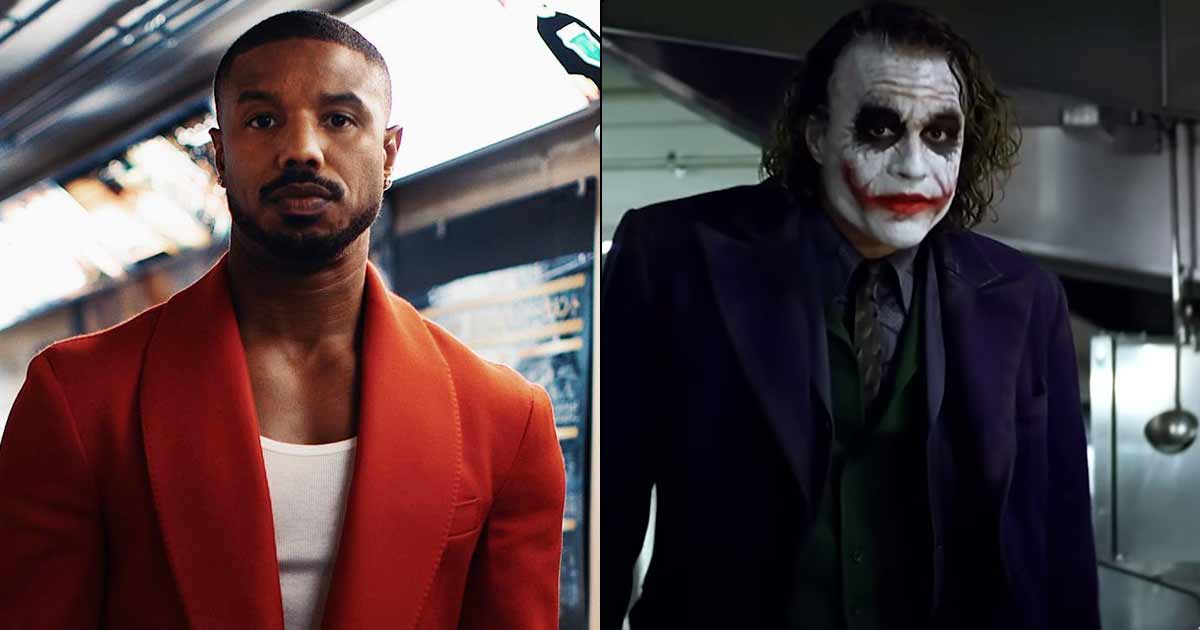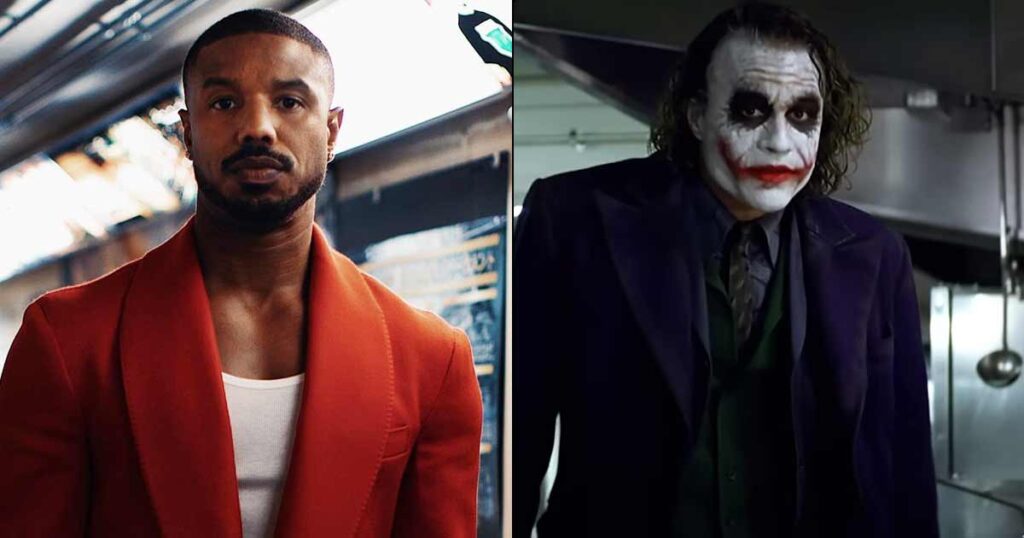
Actors often undergo intense physical and mental preparation to fully embody their roles, pushing themselves to the edge to deliver compelling performances. While this may help them perform successfully, it can affect their mental well-being, as seen with Heath Ledger, who famously portrayed the Joker in The Dark Knight. Ledger immersed himself so deeply in the character’s chaotic and dark mindset that it affected him mentally. Although his portrayal was critically acclaimed, the process left him in depression until his tragic death. Something similar happened with another A-list star, Michael B. Jordan, who also fell into depression.
He explained the intensity of the role and how he felt miserable after the movie. Jordan said, “It was one of those things that I didn’t know what was going on. I never was in character for that long period and was, I guess, that dark, that lonely, that painful. So, coming out of it, I thought, ‘Oh yeah, business as usual. I can go back home, I’ll cut my hair off, and everything will be back to normal.’”
Of course, this wasn’t what happened. While many fans resonated with the antagonist and even supported Killmonger’s motives, Jordan admitted that playing the character wasn’t a pleasant experience. He shared, “I found myself in the routine of being isolated and went out of my way to make sure I was by myself and didn’t say too much more than usual. Once I finished wrapping the movie, it took me some time to talk through how I was feeling and why I was feeling so sad and like a little bit depressed.”
Furthermore, the Creed actor sought therapy to help him process his emotions and rediscover his sense of self. Fortunately, the actor could lift the emotional weight of the role, which was not the case with Heath Ledger, who also developed insomnia and depression after his Joker role.
Check out the latest Hollywood News!
For more such box office updates, stay tuned to Koimoi!
Follow Us: Facebook | Instagram | Twitter | Youtube | Google News

